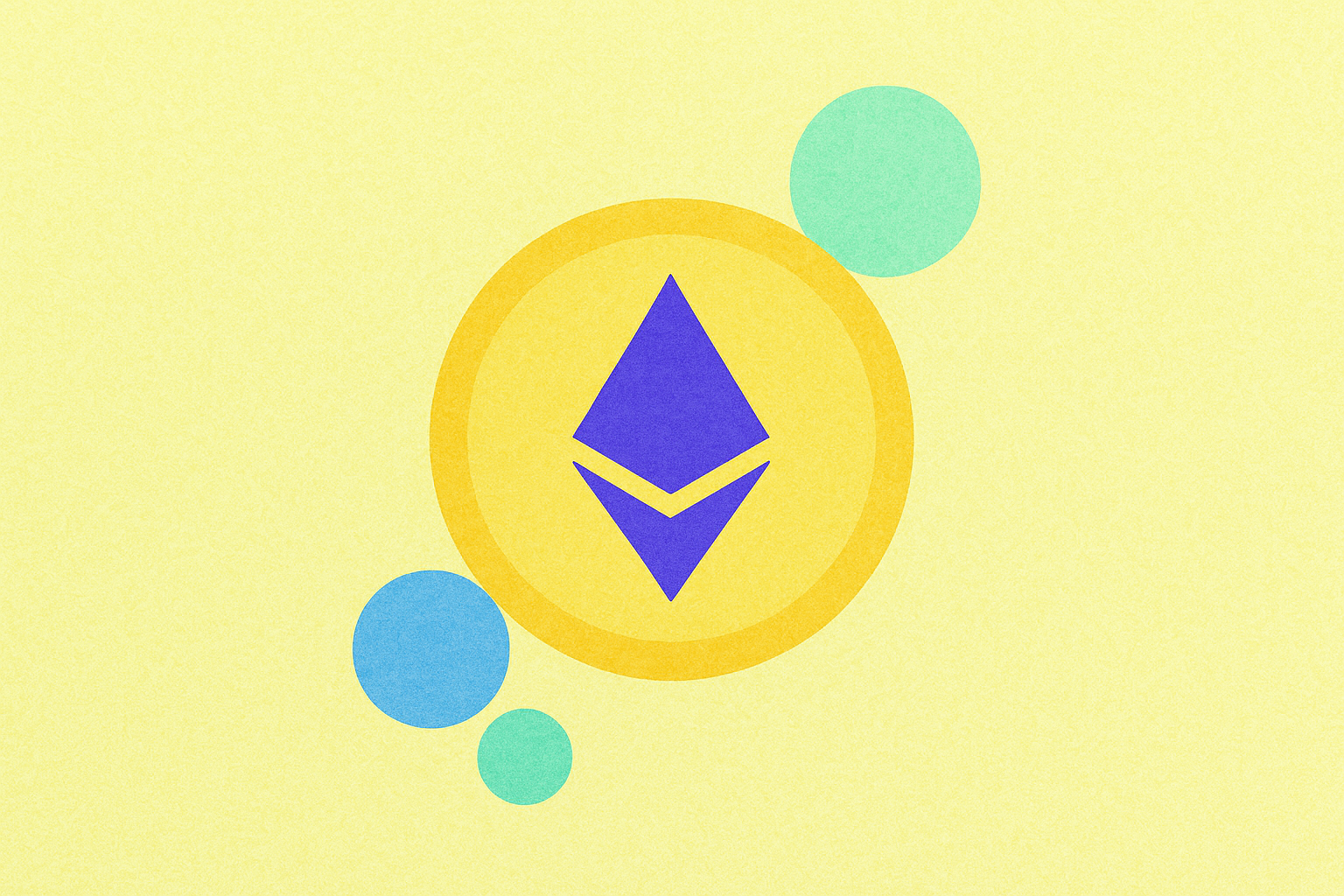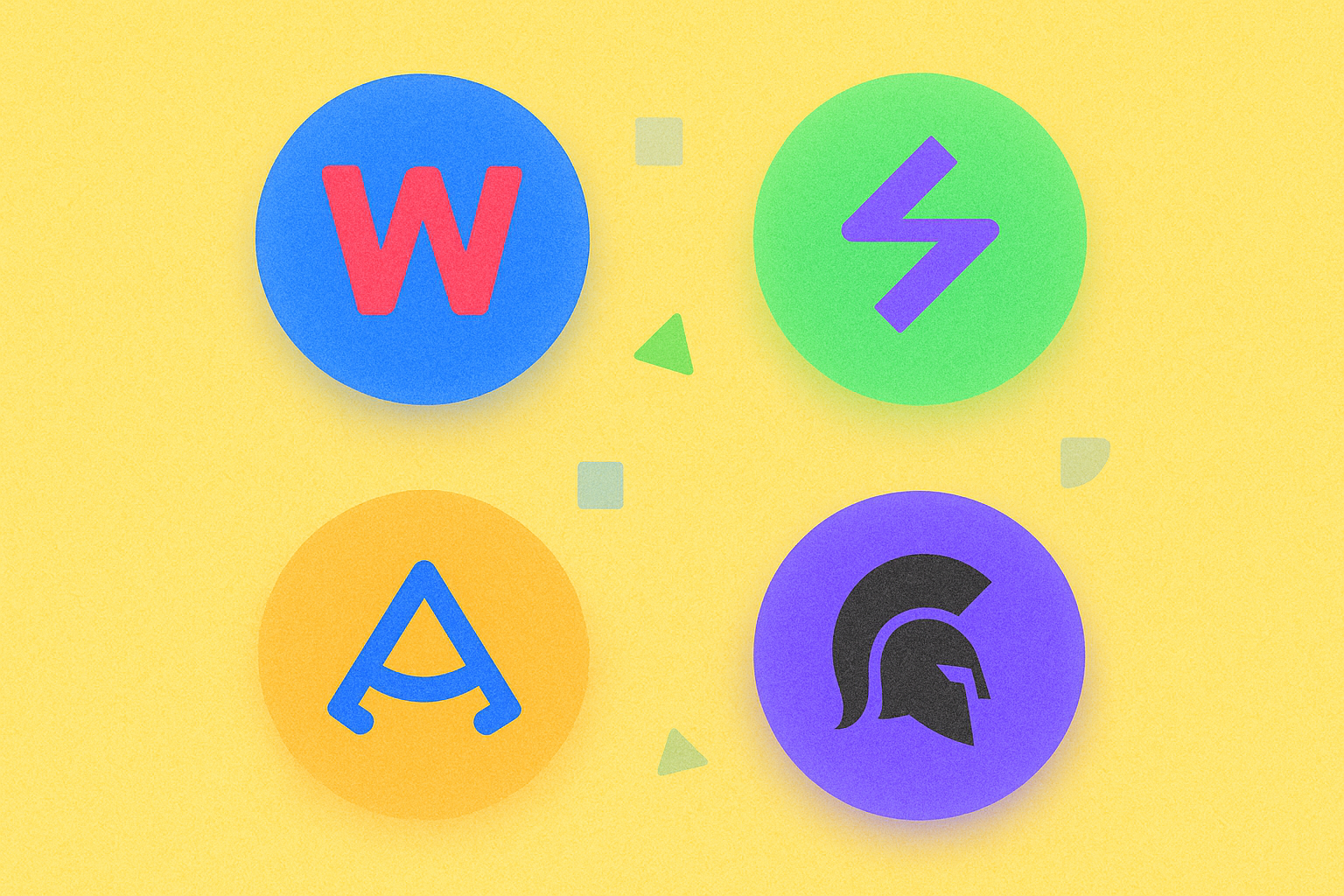En İyi Web3 Cüzdanları: Güvenli Varlık Yönetimi için En İyi Seçenekleri Keşfetmek

Varlık Yönetimini Değiştirmek: 2025'teki En İyi Web3 Cüzdanları
Dijital varlık yönetimi alanı son yıllarda önemli bir dönüşüm geçirdi ve Web3 cüzdanları güvenli ve verimli kripto para işlemlerinin temel taşları olarak ortaya çıktı. 2025 itibarıyla, bu cüzdanlar kripto meraklıları, blockchain geliştiricileri ve merkeziyetsiz webde yol alma arayışında olan bireyler için vazgeçilmez araçlar haline geldi. Web3 cüzdanlarının evrimi güvenlik, kullanıcı deneyimi ve birlikte çalışabilirlik gibi kritik endişeleri ele alarak, kripto para ekosisteminde yer alan herkes için onları gerekli kılmıştır. Bu değişim, dijital varlıkları yönetme şeklimizi yalnızca geliştirmekle kalmamış, aynı zamanda farklı sektörlerde blockchain teknolojisinin daha yaygın benimsenmesi için de bir yol açmıştır.
Titanların Ortaya Çıkışı: Pazarın Hakimiyetini Süren Önde Gelen Web3 Cüzdanları
Mevcut Web3 ortamında, çeşitli cüzdanlar öne çıkmıştır ve her biri farklı kullanıcı ihtiyaçlarına hitap eden benzersiz özellikler ve yetenekler sunmaktadır. En iyi web3 cüzdanlarının kapsamlı bir incelemesini sağlamak için, güvenlik özellikleri, desteklenen kripto paralar ve kullanıcı arayüzü gibi ana kriterlere dayanarak en iyi adayların bir karşılaştırmasını derledik:
| Cüzdan Adı | Güvenlik Özellikleri | Desteklenen Kripto Paralar | Kullanıcı Arayüzü | Ekstra Özellikler |
|---|---|---|---|---|
| MetaMask | Donanım cüzdan desteği, Şifreli kasa | Ethereum, ERC-20 tokenleri | Tarayıcı uzantısı, Mobil uygulama | Yerleşik token takası |
| Trust Wallet | Biyometrik kimlik doğrulama, Güvenli alan | Çok zincirli destek | Mobil öncelikli tasarım | DApp tarayıcı, NFT desteği |
| Phantom | Defter entegrasyonu, Şifreli kurtarma | Solana, SPL tokenları | Şık ve sezgisel | NFT yönetimi, SOL stake etme |
| Gökkuşağı | Sosyal kurtarma, ENS desteği | Ethereum, Layer 2 çözümleri | Görsel olarak çekici | Uygulama içi ticaret, portföy takibi |
| Gate Cüzdan | Çoklu imza desteği, AI destekli güvenlik | 60+ blok zinciri | Çapraz platform | DeFi entegrasyonları, Fiat geçişi |
Web3 cüzdanı seçerken, kullanıcıların güvenlik önlemleri, tercih ettikleri blockchain ağlarıyla uyumluluk ve kullanım kolaylığı gibi faktörleri önceliklendirmeleri gerekir. Yukarıdaki web3 cüzdan karşılaştırması, pazardaki çeşitli teklifleri vurgulamakta olup, farklı kullanıcı tercihleri ve ihtiyaçlarına hitap etmektedir. Ekosistem gelişmeye devam ettikçe, bu cüzdanlar rekabetçi kalmak ve kullanıcılarına artırılmış değer sağlamak için sürekli olarak özelliklerini güncellemektedir.
Güvenlik Kalesi: Dijital Varlıklarınızı Koruyan Gelişmiş Özellikler
Dijital varlıkların güvenliği, Web3 alanındaki kullanıcılar için en önemli endişe olmaya devam etmektedir. Buna yanıt olarak, cüzdan sağlayıcıları kullanıcıların fonlarını ve verilerini korumak için son teknoloji güvenli web3 cüzdan özellikleri uygulamıştır. En önemli ilerlemelerden biri, kullanıcıların özel anahtarlarını fiziksel cihazlarda çevrimdışı saklamalarına olanak tanıyan donanım cüzdanı desteğinin entegrasyonudur. Bu, uzaktan hack girişimlerinin riskini büyük ölçüde azaltmaktadır. Ayrıca, çoklu imza işlevselliği birçok üst düzey cüzdanda standart bir özellik haline gelmiş olup, işlemler için birden fazla onay gerektirerek ekstra bir güvenlik katmanı eklemektedir.
Biyometrik kimlik doğrulama yöntemleri, parmak izi ve yüz tanıma gibi, cüzdanlara yetkisiz erişimi önlemek için yaygın olarak benimsenmiştir. Ayrıca, bazı cüzdanlar artık şüpheli etkinlikleri tespit etmek ve önlemek için yapay zeka algoritmaları kullanmakta, gerçek zamanlı tehdit analizi ve azaltma sunmaktadır. Şifreli kurtarma ifadeleri ve sosyal kurtarma seçenekleri de tanıtılmıştır, bu da kullanıcılar için cüzdanlarını kaybetme veya çalınma durumunda daha güvenli ve kullanıcı dostu kurtarma yolları sağlamaktadır.
Bu gelişmiş güvenlik önlemlerinin uygulanması, Web3 cüzdanlarına olan kullanıcı güvenini önemli ölçüde artırmıştır. Yakın zamanda yayınlanan bir sektör raporuna göre, geliştirilmiş güvenlik özelliklerine sahip cüzdanlar, daha az güvenli olanlarına kıyasla %40'lık bir kullanıcı benimseme artışı yaşamıştır. Bu eğilim, dijital varlık yönetiminin geleceğini şekillendirmede ve kripto para teknolojilerinin daha geniş kabulünü sağlamada sağlam güvenliğin önemini vurgulamaktadır.
Devrim Yaratan: Gate'in Web3 Cüzdan Teknolojisine Yenilikçi Yaklaşımı
Web3 cüzdanlarının rekabetçi ortamında, Gate, kripto para kullanıcılarının değişen ihtiyaçlarını karşılayan yenilikçi özellikler sunarak önemli bir oyuncu olarak ortaya çıkmıştır. Gate Cüzdan, 60'tan fazla blockchain ağını ve geniş bir kripto para yelpazesini destekleyerek dijital varlık yönetimine kapsamlı bir yaklaşımıyla dikkat çekiyor. Bu çok zincirli uyumluluk, kullanıcılara çeşitli kripto portföylerini yönetmede eşsiz bir esneklik sunmaktadır.
Gate Cüzdanı'nın öne çıkan özelliklerinden biri, potansiyel tehditleri tanımlamak ve önlemek için işlem desenlerini ve ağ aktivitelerini sürekli olarak izleyen AI destekli güvenlik sistemidir. Gate'in iç verilerine göre, bu proaktif güvenlik yaklaşımı, sektörel ortalamalara göre dolandırıcılık girişimlerinde %30'luk bir azalma sağlamıştır. Ayrıca, cüzdanın sezgisel kullanıcı arayüzü ve Gate'in ticaret platformuyla sorunsuz entegrasyonu, hem acemi hem de deneyimli kripto kullanıcıları için bütünsel bir ekosistem sunmaktadır.
Bağımsız blockchain analistleri tarafından yapılan Gate Cüzdan incelemesi, kullanıcıların cüzdan arayüzlerinden doğrudan çeşitli merkeziyetsiz finans faaliyetlerine katılmalarını sağlayan sağlam DeFi entegrasyonlarını vurgulamıştır. Bu özellik, geçen yıl içinde Gate kullanıcıları arasında DeFi katılımında %50'lik bir artışa katkıda bulunmuştur. Ayrıca, cüzdanın fiat giriş özellikleri, yeni kullanıcılar için kripto pazarına giriş sürecini basitleştirerek dijital varlıkların daha geniş bir şekilde benimsenmesine katkıda bulunmuştur.
Dijital varlık yönetiminin geleceğine bakarken, Gate'in yenilikçi yaklaşımı sektörde yeni bir standart belirliyor. Gelişmiş güvenlik önlemlerini, çok zincirli desteği ve kullanıcı dostu özellikleri bir araya getirerek, Gate sadece Web3 kullanıcılarının mevcut ihtiyaçlarını karşılamakla kalmıyor, aynı zamanda yıllar boyunca cüzdan teknolojisinin yönünü de şekillendiriyor. Gate'in cüzdan çözümünün başarısı, kripto para birimi ve blockchain teknolojisinin hızla değişen manzarasında sürekli yenilik ve kullanıcı odaklı tasarımın önemini vurguluyor.

2025'in En İyi Web3 Cüzdanları: Kapsamlı Bir Genel Bakış

Gate Web3 Nedir? Ekosistem için Başlangıç Rehberi

En İyi Web3 Cüzdanı: Kripto'nun Geleceğini Keşfetmek için En Güvenli Seçenekler

SubHub (SUBHUB): Web3 için Cüzdan-Yerli Mesajlaşma ve Pazarlama Platformu

2025 için En İyi Web3 Cüzdanları: Dijital Varlık Depolama için Kapsamlı Bir Rehber

EMT nedir: Acil Tıp Teknisyenlerinin hastane öncesi bakımdaki rolünü anlamak

Ethereum Zorluk Bombası'nın Anlaşılması

Swell Network ile Ethereum stake etme rehberi

Kanada Ulusal Bankası Bitcoin Stratejisi: Kanadalı Bankaların MSTR Gibi Kripto Parayı Nasıl Benimsediği







